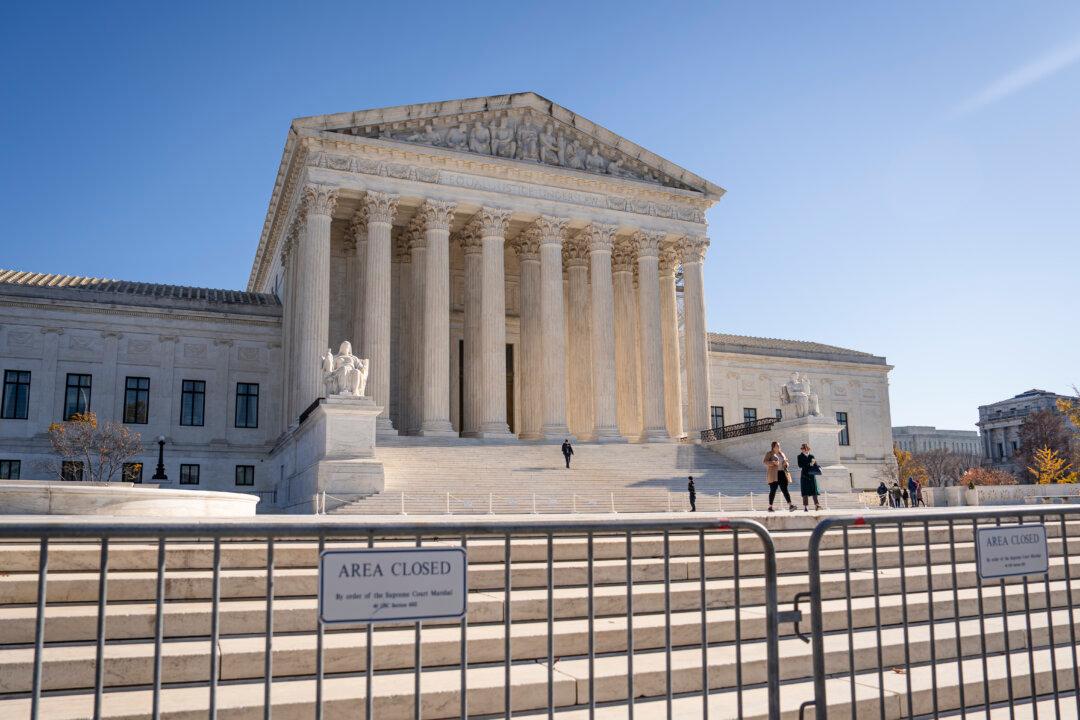The U.S. Supreme Court on Jan. 13 considered the case of a retired Florida firefighter with Parkinson’s disease who sued her former employer for discrimination over post-employment benefits.
Karyn Stanley had to accept disability retirement at the age of 47 after her Parkinson’s disease became so severe that she was unable to continue working as a firefighter for the city of Sanford, Florida.





